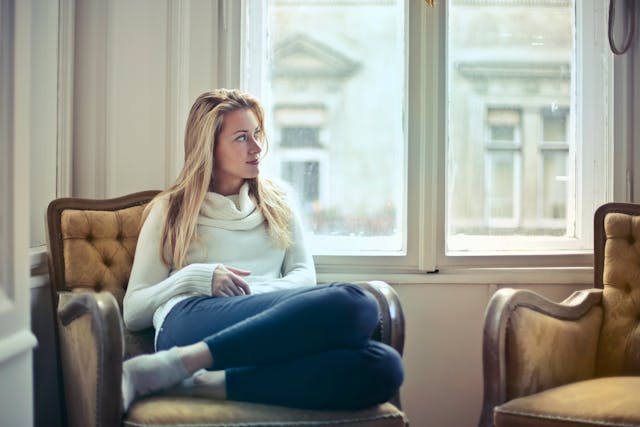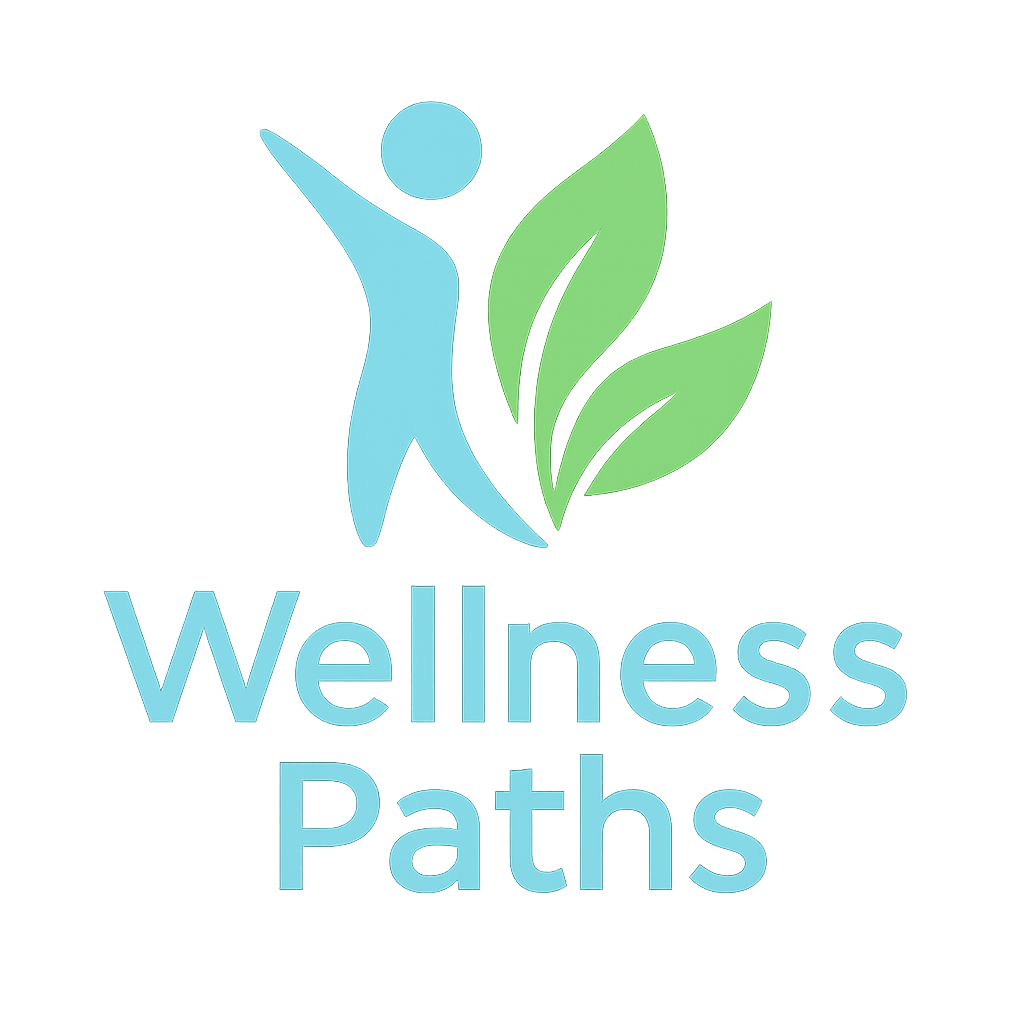We live in a world full of notifications, responsibilities, and nonstop worries. In the middle of it all, many people experience anxiety symptoms — even if they’re not always easy to recognize. This kind of anxiety often hides behind a smile or a busy schedule, but it still affects your everyday life.
Have you ever felt tired for no real reason, had trouble sleeping, or felt like you’re always “on edge”? You might be dealing with anxiety you don’t notice — and not even realize it.
In this post, I’ll show you how to notice the signs, why it happens, and what you can do to feel better before it gets too much.
Subtle Anxiety Symptoms You Might Not Notice
These are some common signs that may point to it:
- Feeling tired all the time, even after resting.
- Trouble focusing or making simple choices.
- Sleep problems: falling asleep or waking up with your mind racing.
- Always feeling rushed, even when there’s no need.
- Tense muscles — especially in your neck, jaw, or back.
- Thoughts that repeat over and over.
- Changes in how much you eat.
- Getting irritated or losing patience easily.
On their own, these might not seem like much. But together, they can mean your mind is stuck in a state of stress.
Why Does This Happen?
This kind of anxiety usually builds up slowly. Some reasons include:
- Little worries piling up — things that don’t seem big alone, but add up.
- Always staying busy — no time to slow down or feel your emotions.
- Being too hard on yourself — wanting to do it all perfectly or never feeling “enough”.
- Feeling disconnected — from yourself, others, or the present moment.
- Social media pressure — comparing your life to others without noticing it
How to Cope with Anxiety Symptoms and Feel Better
The good news is that there are simple things you can start doing today to feel calmer and more grounded:
1. Notice What You’re feeling: Start by being honest with yourself: you’re feeling anxious, and that’s okay. It doesn’t make you weak — it just makes you human.
2. Do a “Brain Dump” Before Bed: At night, write down everything on your mind — even the small stuff. Getting it out of your head and onto paper helps you relax.
3. Try Simple Breathing: Spend 3–5 minutes just breathing slowly. One easy method:
Breathe in for 4 seconds → hold it for 4 → breathe out for 4 → wait 4 seconds before the next breath. Mindfulness can also help you manage anxiety and improve your mental health. Learn more in my article Mindfulness.
4. Take Breaks From Screens: Set times during the day to stay away from your phone or computer. Try not to check your phone right when you wake up or just before sleep.
5. Move Your Body a Little Every Day: You don’t need to go to the gym — a short walk, stretching, or some gentle yoga can help a lot. Moving helps your mind relax, too.
6. Talk to Someone You Trust: Sometimes, just sharing how you feel with a friend or family member can make a big difference. And if it feels too heavy, reaching out to a therapist is a strong and caring step.
Before You Go…
I used to feel tired and anxious without knowing why. Once I learned to spot the signs and took small steps, I started feeling better.
If you’ve felt this too, you’re not alone.
Share your story or thoughts in the comments — it might help someone else.

Sources
Harvard Health Publishing – Talks about how anxiety can feel “normal” at first, but become a problem when symptoms don’t go away.
https://www.health.harvard.edu/topics/anxiety
The Berman Center (Atlanta) – Explains common signs of silent anxiety like racing thoughts, tense muscles, tiredness, and how it affects daily life.
https://bermancenteratl.com/symptoms-of-a-silent-anxiety-attack/
News.com.au / Anoushka Dowling, psychologist – Says more than 20% of Australians experience silent anxiety, and shares simple ways to manage it like mindfulness, breathing, moving your body, and talking to others.
https://www.news.com.au/lifestyle/health/mental-health/theres-a-silent-epidemic-threatening-the-lives-of-aussies/news-story/196f3af2820a8fb06eafd25aae5efc90




